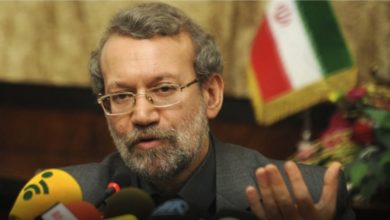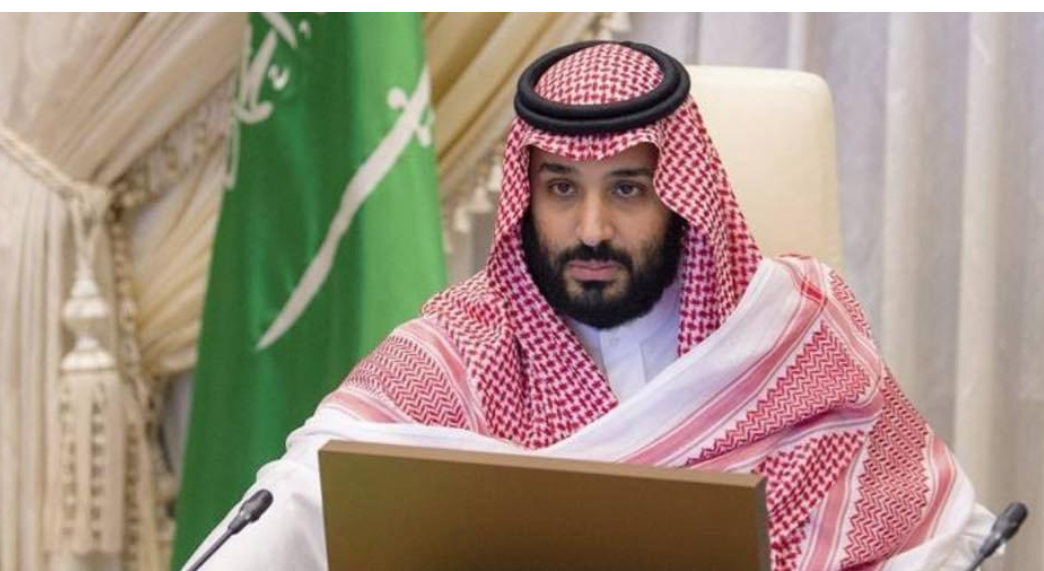Saudi king’s Japanese visit is about much more than oil
Middle East rivalries, relations with Trump’s White House are part of picture for both sides

Saudi King Salman bin Abdulaziz, left, waves in the parliament in Jakarta on March 2. © AP
Saudi King Salman bin Abdulaziz’s visit to Japan may be the most important stop in his month-long tour of Asia. The trip has multiple aims that go well beyond securing market share in a region that is increasingly important to the nation’s oil industry. In addition to reinforcing ties with Sunni Islamic majority Asian states, with an eye on the volatile power balance in the Middle East, the king is seeking investment and support for an ambitious reform program at home. Relations with Japan are pivotal to achieving these goals.
For Japan, Riyadh’s second largest economic partner, the visit is equally important. It is an opportunity to enhance energy security, to secure infrastructure investment opportunities and to flesh out memorandums of understanding signed last year. Prime Minister Shinzo Abe — who has visited the Middle East three times since 2012, including a Saudi state visit in 2013 — has also been pursuing a greater security role in the region, where a lack of colonial baggage allows Tokyo to claim the role of « honest broker. » Such cooperation is an important element of an increasingly uncertain U.S.-Japan strategic partnership.
Asia-Middle East nexus
There is an Asia-Middle East energy nexus built on interdependence that extends well beyond the Saudis and Japan. Two-thirds of Saudi oil exports go to East Asia. For Japan, 83% of oil imports come from the Gulf, mainly Saudi Arabia, but also the United Arab Emirates, Qatar, Kuwait and Iran. In addition, Japan — which accounts for about one third of the world’s liquefied natural gas purchases — imports 21% of its supplies from the Gulf and the rest from Asian partners. China secures nearly two-thirds of its oil imports from the Middle East; South Korea, 85% of its oil imports.
While this energy nexus clearly comprises commercial relationships, it also has strategic consequences.
It is no surprise that Saudi Aramco, the state oil conglomerate, signed $13 billion in refinery deals during King Salman’s stopovers in Indonesia and Malaysia. These will double Saudi refining capacity and are aimed at locking in the country’s share of exports to East Asia. Aramco has also been negotiating renewal of oil storage tank leases in Okinawa in southern Japan. In addition, there is Saudi-Japanese cross-investment in petrochemical plants and refineries in Saudi Arabia and in Japan.
For Japan, stability in the Middle East is critical to its energy security. Much of the turmoil is driven by conflict between Sunni and Shia factions of Islam, centered on strategic competition between Sunni Saudi Arabia and Shia Iran for pre-eminence in the region. So one problem in Tokyo’s quest for energy security is balancing its growing links with Tehran with established strategic alliances with Riyadh and Washington — particularly with relationships shifting rapidly as the administration of President Donald Trump beds in.
Since the lifting of sanctions following the international deal on Iran’s nuclear program, Japan has sought to revive business ties with the country. In 2016 it signed a bilateral treaty that reduced investment risk and it has extended $12 billion in investment credits to advance its interests. One of its primary goals is to renew expired investments in Iran’s oil and gas fields, particularly, the Azadegan oil fields, estimated to contain up to 30 billion barrels of oil reserves.
Japan’s growing economic involvement with Iran has not yet raised the ire of the U.S., Riyadh or its Gulf Cooperation Council partners. Stronger ties with Riyadh ties are likely to offset any concerns that do arise.
SoftBank and the Saudis




